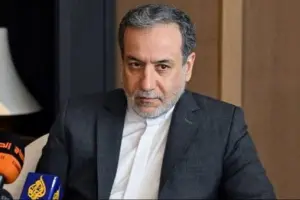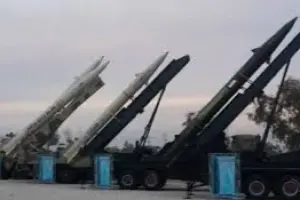Drone and missile strikes launched by Iran and Israel continued unabated despite the offer of a two-week ceasefire window from the United States President aimed at opening peace talks.
Iran fired multiple ballistic missiles and drones into southern Israel, targeting areas around Beersheba. The attacks resulted in at least 10 civilian deaths and injured over 200 individuals. Critical infrastructure, including power substations and major highways, also suffered significant damage.
In retaliation, the Israeli Air Force struck several nuclear facilities within Iran, including the Arak reactor, the Natanz site, and the Bushehr power plant complex. Israeli officials stated that these airstrikes aimed to pressure Iran’s capability to expand its ballistic missile program.
The White House, through its spokesperson, emphasized that the two-week ceasefire proposal was intended to allow both parties to "de-escalate tensions" and open channels for diplomacy. If no agreement is reached within that timeframe, the US indicated it might consider providing further military support to Israel.
Meanwhile, Iran’s Foreign Minister Abbas Araghchi is scheduled to meet with his counterparts from the United Kingdom, France, and Germany in Geneva to discuss conflict de-escalation. Iran stressed that this meeting is consultative rather than a direct negotiation and insisted that cessation of attacks is a prerequisite for meaningful dialogue.
The Russian government called on all parties to exercise restraint and avoid strikes on nuclear facilities, especially at Bushehr, warning that such attacks could trigger a nuclear disaster comparable to Chernobyl. The United Nations also expressed concern over the rising civilian casualties and urged respect for international humanitarian law.











Responses